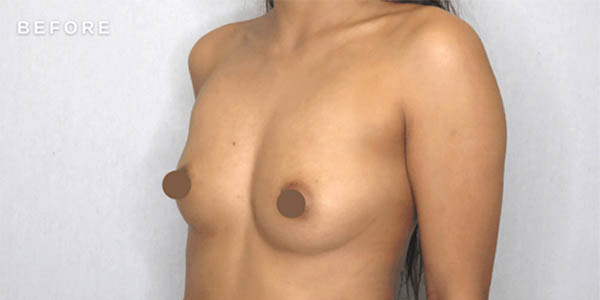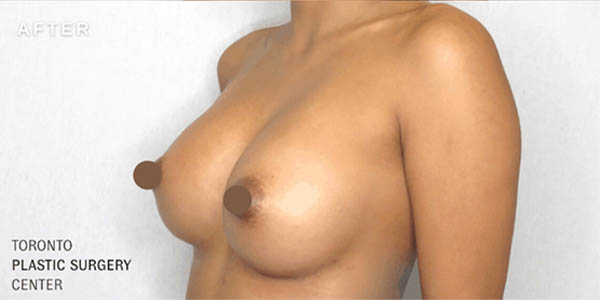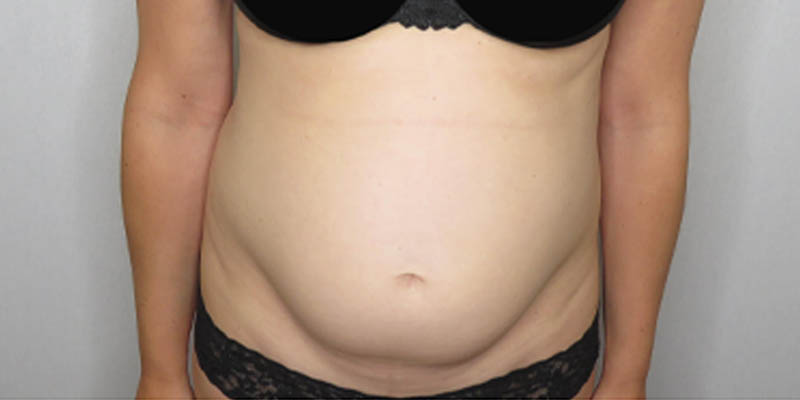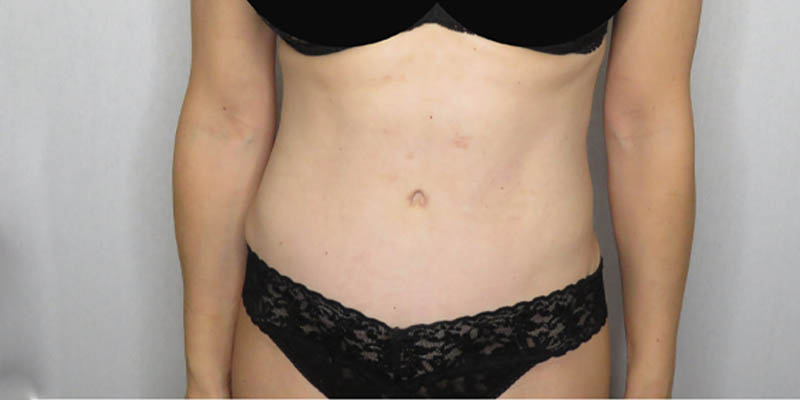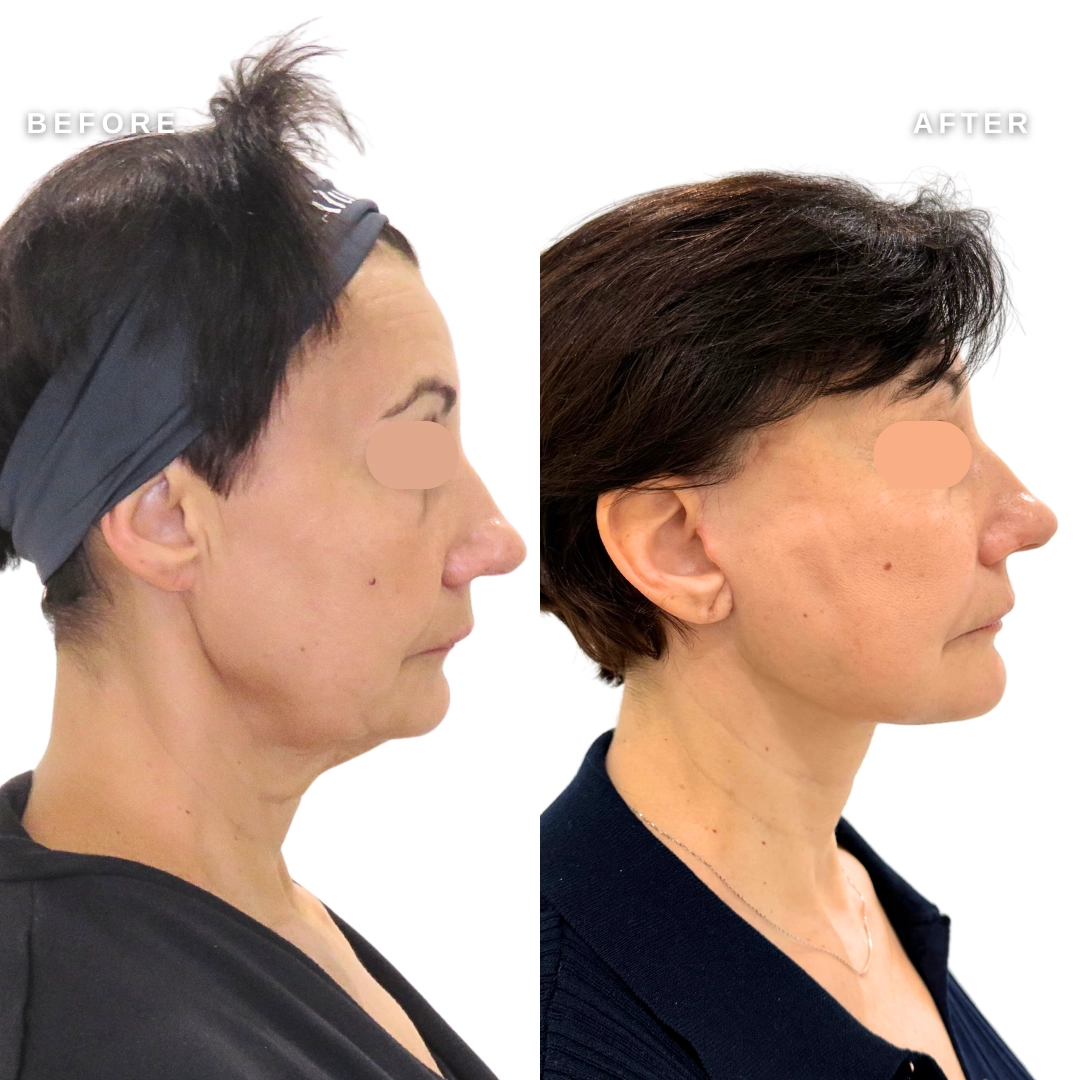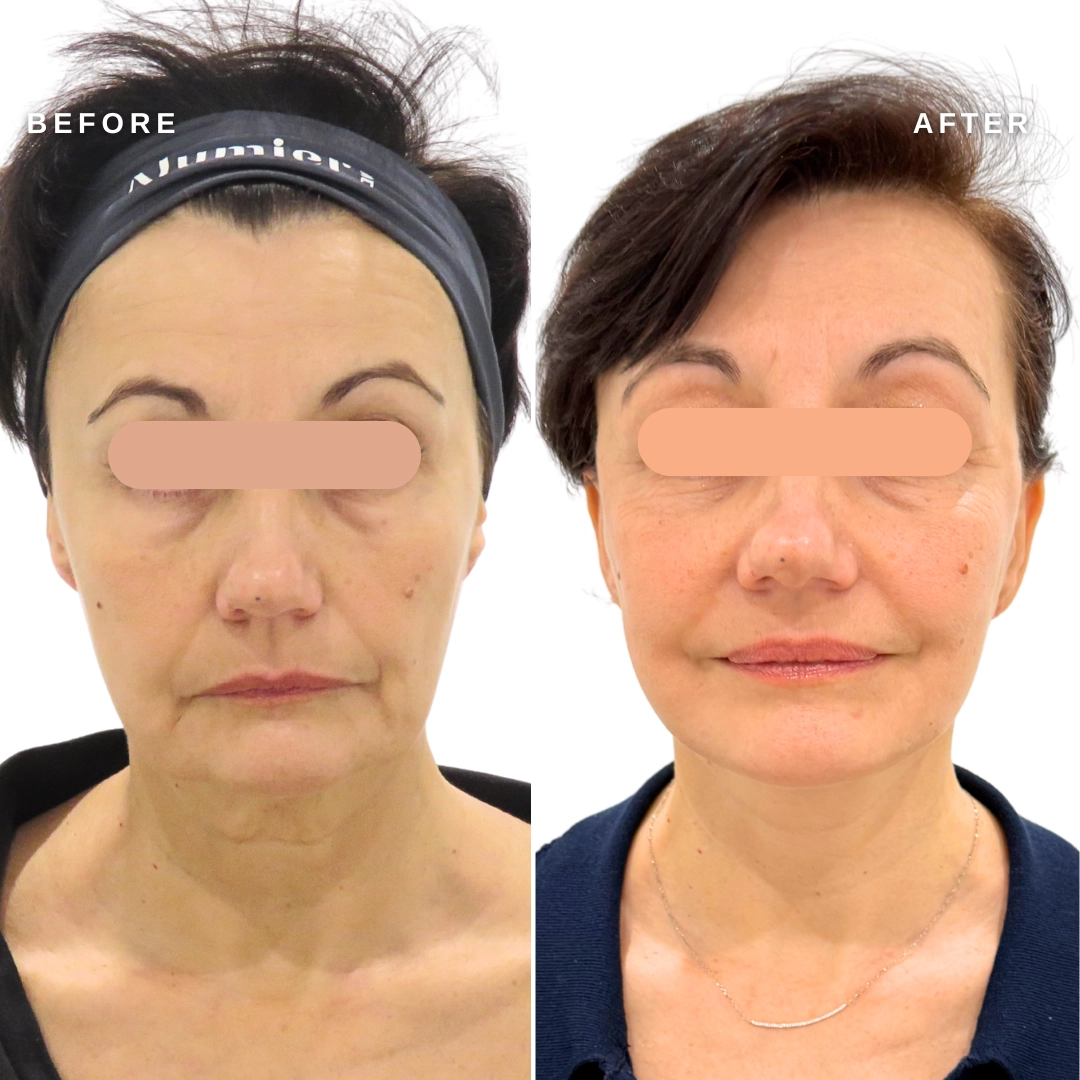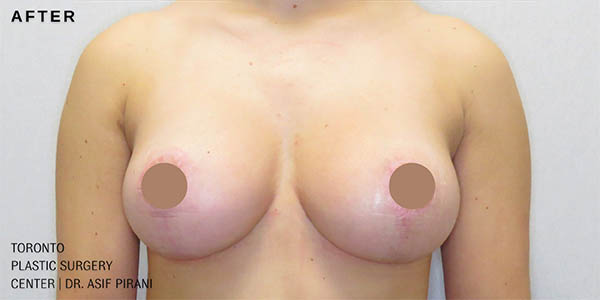- Body
- Breast
- Face
- Injectables
- BOTOX®, Dysport & Nuceiva
- Dermal Fillers
- Earlobe Filler
- Facial Slimming
- Gummy Smile Correction
- Hyaluronidase
- Hyperhidrosis
- Jawline Filler
- Lip Injections
- Non-Surgical Brow Lift
- Non-Surgical Double Chin Reduction
- Non-Surgical Facelift
- Non-Surgical Hand Rejuvenation
- Non-Surgical Nose Job
- Tear Trough Treatment
- Skin
- Male
- Gallery
- About
- Resources
- Contact
January 21, 2019
A facelift procedure can dramatically improve your confidence as well as your physical appearance. But what can you expect once you have had the procedure? Knowing what you should do as well as how to do it is key to ensuring that you not only have a smooth recovery, but that you get the best final result possible.
The First 24 Hours
For the first 24 hours following your surgery you should have a caretaker with you to make sure that your condition is stable, as well as to help you with mobility and medication. You must rest the first day as the anaesthesia leaves your body. You might not feel up for eating, but you should try to intake small sips of water.
Days 1 to 7
For the first week after surgery, you should take it easy, but do not put yourself on bed rest. You might experience some nausea, but that is most likely due to any pain medication that you might take rather than the procedure itself. You can expect swelling and bruising to be at its worst around day 3, but it should gradually improve from there. You might notice more bruising on one side of your face more than another, but that is common. However, if you notice a bulge or come down with a fever, you need to call Dr. Pirani immediately.
You should feel well enough to get up and move around the house. Light walking and moving will help you feel better and improve your recovery. Take any prescribed pain medication as Dr. Pirani has directed and on the schedule that he has given you.
You can anticipate some stiffness in your neck and face, but the medication should help with that. Do not overdo with your activities, but light housework should be ok.
Days 7 to 14
In the second week following surgery, you will most likely still see some swelling and bruising on one or both sides of your face and neck. The swelling might appear around your eyes or your ears. Sometimes the swelling and bruising can cause tingling or numbness, but the sensation is normal.
Around day 7 you should be coming back for a post op with Dr. Pirani to examine your incisions and any sutures that are in place. You should still be going easy with physical activity, avoiding anything too strenuous. You can participate in walking or other light exercise, though the bruising might have you wanting to avoid the public.
Days 14 to 30
By the end of the month, the incisions from the surgery should be improving. They should start to smoothen out once your sutures have been removed and settle down. You should be good to go back to work by the third week, but you still might have a little bit of swelling in some areas.
You can also return to exercise by the third week, but you should still be avoiding anything that is heavy or strenuous or anything that might put you at risk of injury. If you are going outside, you will need to use proper sun protection for your skin, with special care and attention to your incisions. Your incisions will begin to lighten, but they will not fade for many months following surgery.
Day 30 and After
With the first month behind you, you should be able to return to your regular routine following your facelift surgery. The bruising and swelling should have completely dissipated by this point. Remember: you are the only person who is going to notice any small signs of healing after the swelling and bruising has reduced.
It can take up to a year to completely heal from a facelift procedure, with the incisions lightening and your face adjusting to the facelift. At a month’s time after your procedure, you should be back to normal for the most part. If you have any questions or concerns during any step of your recovery, call Dr. Pirani’s office immediately. His staff will be able to guide you throughout your recovery to make sure that you are doing well and receiving the results that you hoped for.

